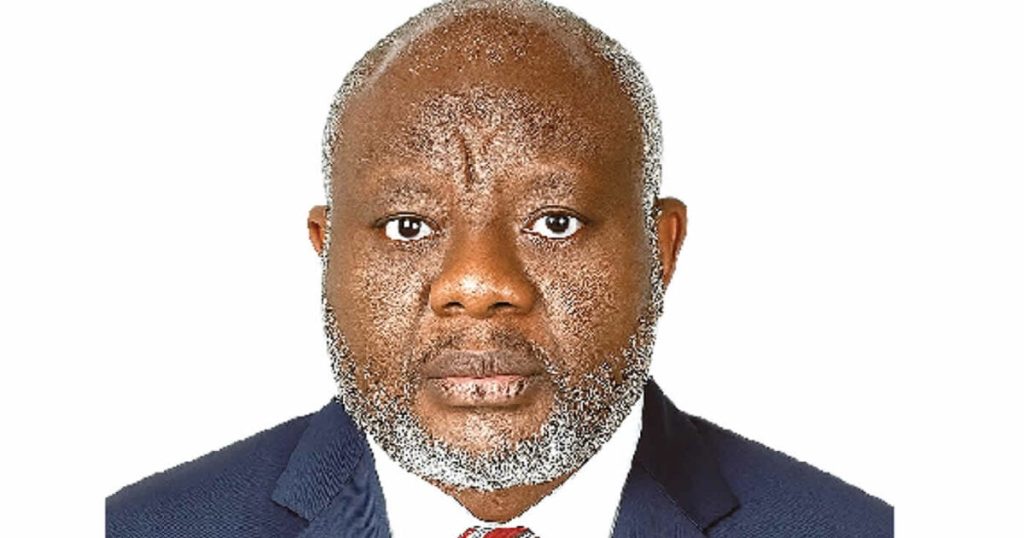Nigeria’s Mortgage System: A Complex Web of Challenges and Opportunities
Nigeria’s mortgage system faces a daunting paradox: a massive housing deficit exceeding 28 million units coexists with a mortgage penetration rate stubbornly below 1%. This stark reality highlights the systemic issues hindering access to affordable housing finance for the vast majority of Nigerians. Several interconnected factors contribute to this predicament. A significant portion of the population operates within the informal economy, lacking access to formal financial institutions and the verifiable income required for traditional mortgage applications. The prevailing high interest rates, ranging from 18% to 27%, coupled with short loan tenures, make mortgages unaffordable for the average Nigerian, pushing them towards informal housing solutions. Furthermore, the cumbersome legal and administrative processes, including land titling and foreclosure procedures, deter lenders and complicate the mortgage landscape. Finally, a general lack of awareness and trust in the formal mortgage system perpetuates reliance on incremental or informal homebuilding.
Strategies for Reforming Nigeria’s Mortgage Landscape
Addressing the multifaceted challenges plaguing Nigeria’s mortgage system requires a comprehensive and multi-pronged approach. A crucial starting point is enhancing access to long-term capital for mortgage lenders. This can be achieved by strengthening the secondary mortgage market through institutions like the Nigeria Mortgage Refinance Company (NMRC), facilitating greater liquidity and enabling lenders to offer longer-term and more affordable mortgages. Government interventions, such as subsidized financing initiatives targeting low- and middle-income earners, are also vital in reducing borrowing costs and expanding access to homeownership. Achieving macroeconomic stability, characterized by lower inflation and a stable exchange rate, is paramount to reduce lending risks and lower interest rates. Moreover, de-risking the mortgage market through government-backed guarantees and robust mortgage insurance schemes can incentivize lenders to offer longer-term loans, boosting investor confidence and market stability.
Challenges and Opportunities for Expanding Mortgage Access
Current interest rates render homeownership an unattainable dream for the average Nigerian. Innovative interventions like subsidized interest rates, credit guarantees, and alternative models such as rent-to-own and shared equity schemes are needed to bridge the affordability gap. The lack of clear land titles, particularly in informal settlements, poses a significant barrier to mortgage access. Streamlining land registration and digitizing land records are crucial steps towards formalizing land ownership and enabling its use as collateral. Furthermore, policy instability significantly impacts the mortgage market. Frequent shifts in fiscal and monetary policies, including foreign exchange regulations and regulatory capital requirements, create uncertainty and discourage long-term investment. Consistent and predictable policies, developed through dialogue between government and mortgage stakeholders, are essential for fostering a stable and thriving housing finance sector.
Learning from Global Best Practices
Nigeria can draw valuable lessons from successful mortgage systems in advanced economies. Government-backed guarantees, similar to those provided by the Federal Housing Administration in the United States, can mitigate lender risk and encourage long-term lending. Developing robust secondary mortgage markets, as seen in many developed countries, can free up capital for new lending and enhance market liquidity. Inclusive credit scoring models that leverage alternative data sources, such as rent and utility payments, can expand access to credit for those without traditional credit histories. Targeted subsidies for low- and middle-income households and digitized land registries can further enhance affordability and transparency. Integrating housing finance with urban planning and development efforts through comprehensive housing strategies is crucial for sustainable housing delivery.
Engaging Institutional Investors and the Diaspora
Despite the potential for significant returns, institutional investors, including pension funds, remain hesitant to invest in Nigeria’s mortgage market. The lack of standardized and securitized mortgage assets, inefficient foreclosure mechanisms, unreliable property valuation systems, and a limited track record deter these investors. Creating standardized mortgage-backed securities, strengthening foreclosure procedures, improving property valuation frameworks, and developing robust risk management systems can attract institutional capital. Similarly, diaspora Nigerians, despite significant remittance inflows, face challenges investing in the local mortgage market. Concerns about fraud, unreliable land titles, poor customer service, and limited legal recourse discourage investment. Building trust through transparent processes, diaspora-focused mortgage institutions, and secure digital platforms can unlock the vast potential of diaspora investment. The potential for securitized mortgage-backed instruments to attract diaspora investment is promising but requires standardized mortgage pools, credit enhancement mechanisms, globally rated securities, and a robust cross-border investment infrastructure.
Strengthening Consumer Protection and Expanding Credit Access
Weak consumer protection mechanisms in Nigeria’s housing finance expose borrowers to exploitative practices, including hidden fees, unclear loan terms, and limited recourse for disputes. Strengthening consumer protection laws, standardizing loan contracts, implementing clear disclosure requirements, and establishing a dedicated mortgage ombudsman are crucial steps to safeguard borrowers’ rights and build trust in the system. Flexible credit scoring models that leverage alternative data sources, such as mobile money transactions, utility payments, and peer group reputation scores, can expand access to credit for those in the informal economy. Collaboration between fintechs, credit bureaus, and regulatory bodies is essential for developing and implementing these innovative credit assessment frameworks.


